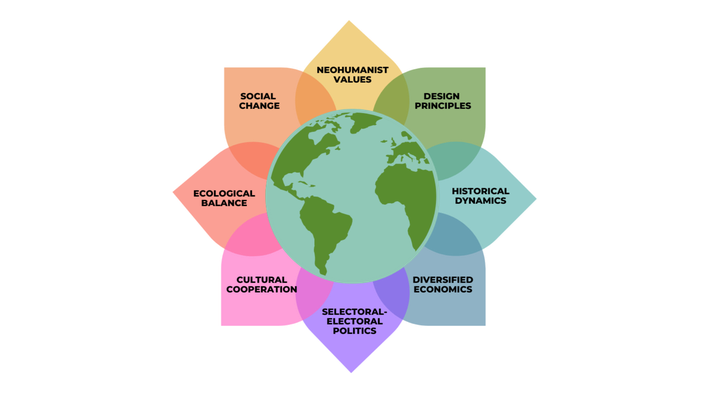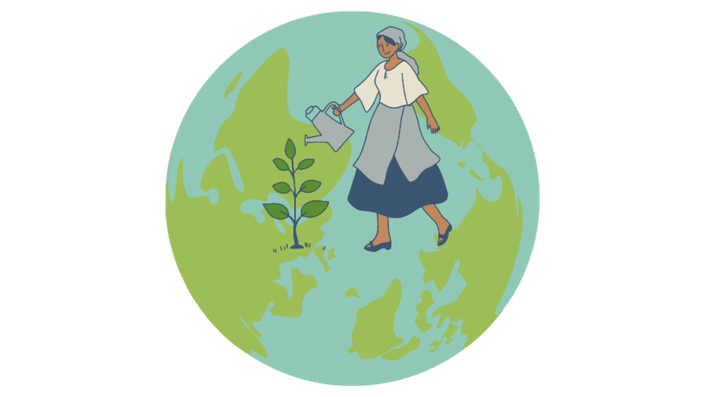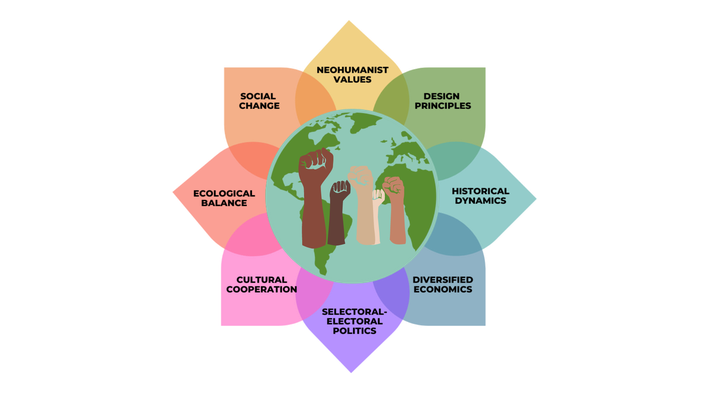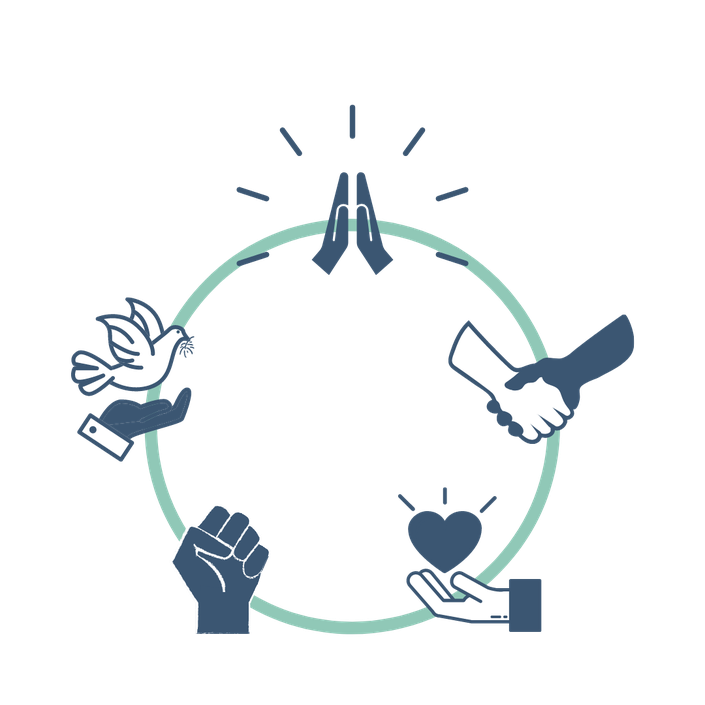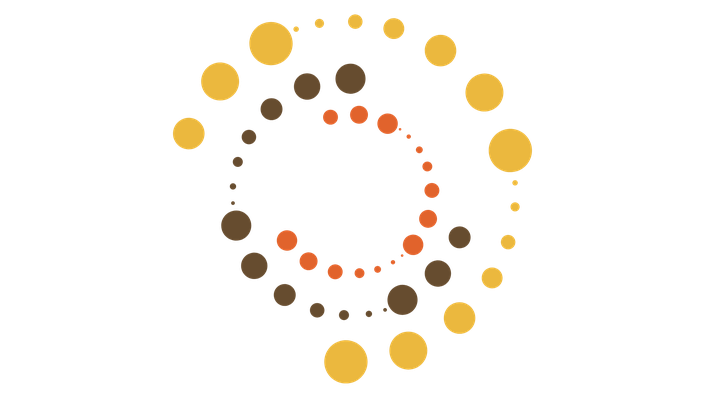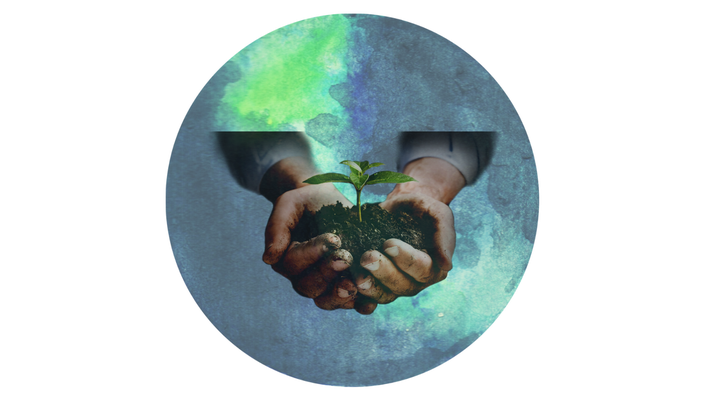
Identity Politics
Universal Social Equality as a Basis for Freedom and Liberation
This course is for people interested in what neohumanism contributes to our understanding of justice, equity, diversity and inclusion. Our contemporary world is riven with social antagonisms and political vitriol that many blame on “identity politics,” a term that gets tossed around often but without clear understanding of what it means or entails. So, what is “identity politics,” and why is it so charged? Where did it come from, how did it develop, and what are its implications? Are there are other forms of political engagement and social movement more suitable to the challenges we currently face? In this two-part course we’ll explore these questions and examine the possibility that identity politics does more to reinforce the status quo than to challenge it. As an alternative, we’ll consider how neohumanism engages issues of identity and advances universal social equality as the basis of human freedom and liberation.
In this course you will:
- answer the question, "What is Identity Politics?"
- gain a deeper understanding of the origins of Identity Politics
- gain a nuanced understanding of the limitations of Identity Politics
- consider other forms of political engagement and social movement more suitable to the challenges we currently face
Jason Schreiner, Instructor
Jason Schreiner is President of PROUT Institute and is CEO and Executive Fellow of Green Island USA, which provides contextual research, strategic analysis, and visionary insight for supporting integrated development projects, green transition initiatives, and a green circular economy. He regularly presents on P.R. Sarkar’s theories PROUT, neohumanism, and aesthetic science, and is currently writing a book manuscript titled Philosophy of Neohumanism: Life, Love, and Liberation for All Beings, and developing a reading guide for Sarkar’s The Liberation of Intellect: Neohumanism. Jason formerly served for many years as Associate Director of the Teaching Engagement Program at the University of Oregon and has taught numerous courses for the UO Environmental Studies Program. He also brings years of experience in organic farming and community-based NGOs to his work.


